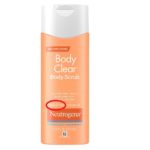Nowadays, there are various factors that can exacerbate sensitive skin, including environmental factors, such as air, water, and cosmetics, as well as the fabrics we wear. It is essential to understand the different types of fabrics and choose suitable ones to ensure comfort and minimize difficulties in daily life. This article will provide insights into soft and gentle fabrics that are safe for sensitive skin.
1. Types of Fabrics for Sensitive Skin
Cotton Fabric
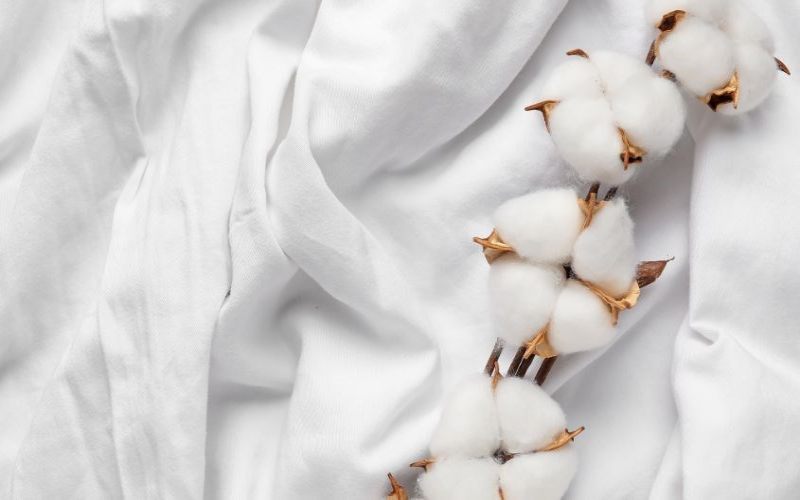
Cotton fabric
Cotton fabric is a natural fabric made from cotton fibers obtained from cotton plants. It is renowned for its durability, breathability, softness, and excellent sweat absorption. This fabric is commonly used to manufacture clothing and various household products. Cotton fabric is also easy to care for and wash.
Modal Fabric
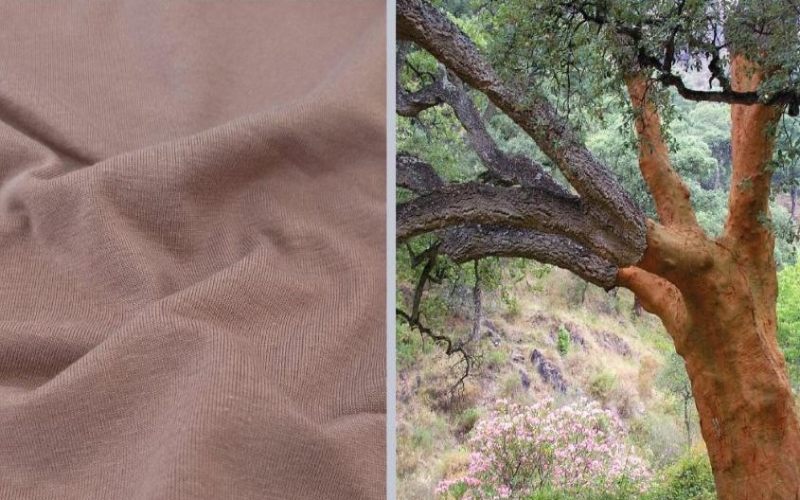
Modal fabric
Modal fabric is a soft and smooth fabric made from cellulose fibers derived from beech trees. It possesses excellent stretchability, sweat absorption, and antibacterial properties, ensuring comfort and dryness for the wearer. Modal fabric is also easy to care for, making it a commonly chosen material for clothing, bedding, and other products.
Hemp Fabric
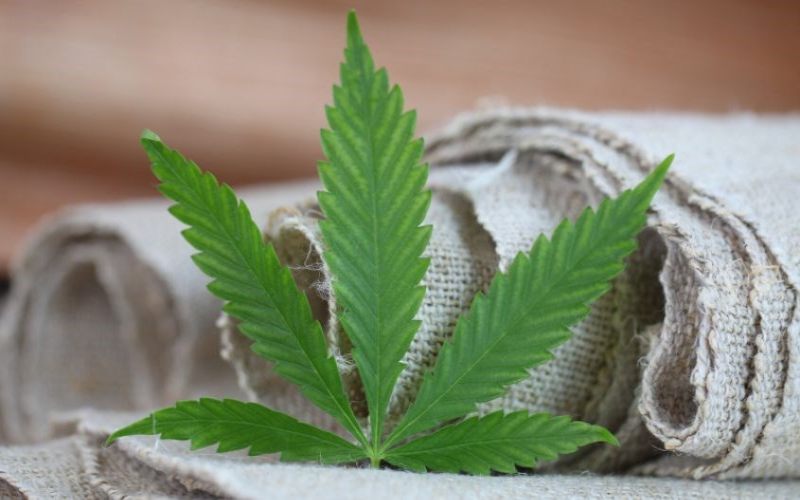
Hemp fabric
Hemp fabric is created from hemp fibers, which are known for their durability, antibacterial and antimicrobial properties. This fabric is commonly used in the production of clothing, bags, and furniture. It offers good moisture absorption, breathability, and is an environmentally friendly choice due to hemp’s fast growth and minimal need for pesticides or fertilizers.
Bamboo Fabric
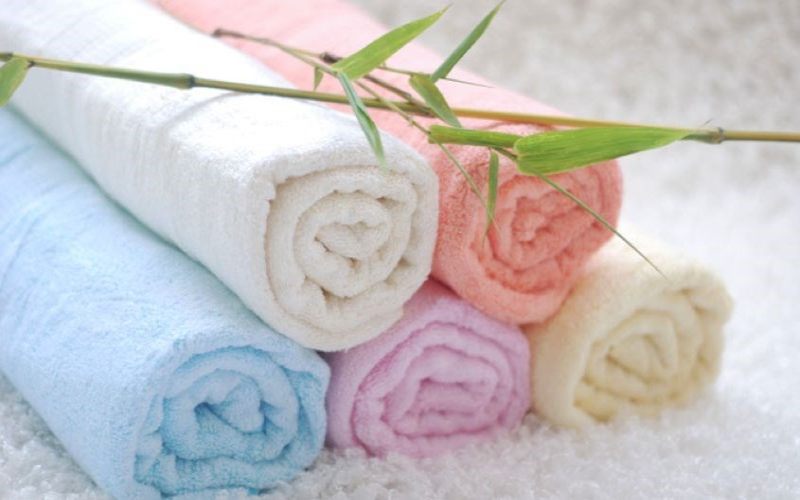
Bamboo fabric
Bamboo fabric is derived from bamboo fibers, which offer excellent moisture absorption, antibacterial properties, and do not cause skin irritation. It is frequently used to create clothing suitable for warm weather, interior furnishings, and other products. Additionally, bamboo is an environmentally friendly option, as it is a rapidly renewable resource.
Lin Fabric
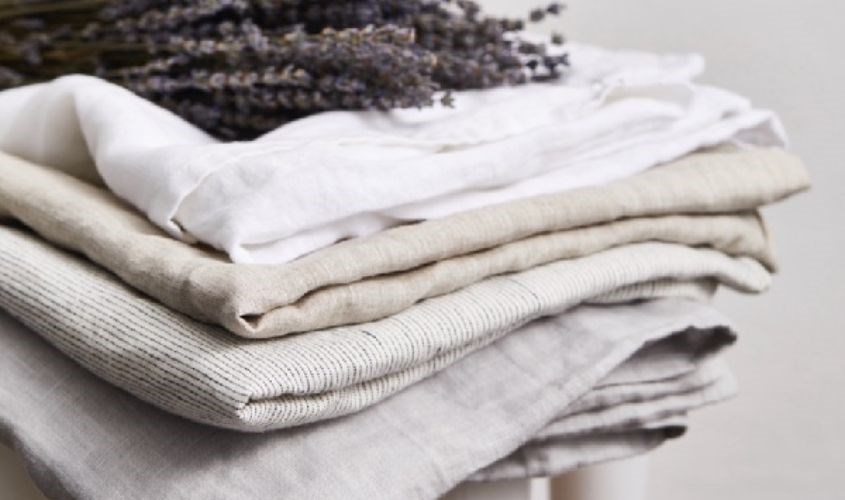
Lin fabric
Lin fabric is produced from flax fibers, which thrive in dry environments. It offers durability, breathability, softness, and excellent sweat absorption. Lin fabric’s antibacterial properties help keep the wearer cool in hot weather. Additionally, linen production requires less water and has a low environmental impact, making it an environmentally friendly choice.
Merino Wool Fabric
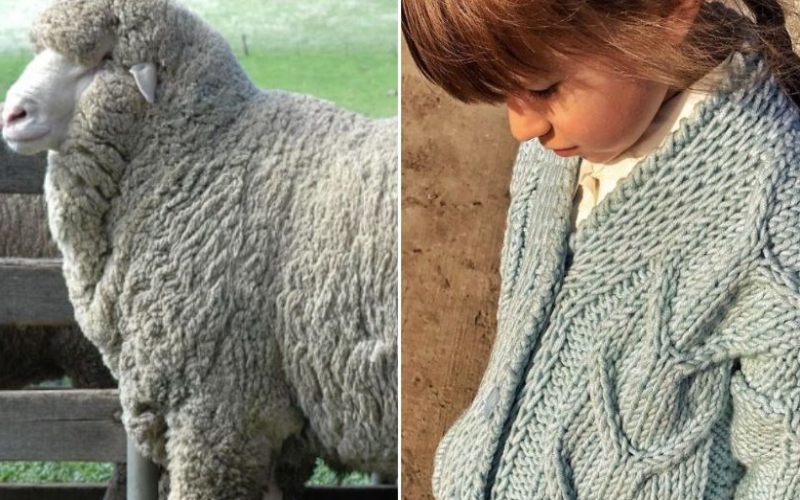
Merino wool fabric
Merino wool fabric is derived from the wool of Merino sheep primarily raised in Australia and New Zealand. It is known for its durability, softness, breathability, insulation, and sweat absorption. Merino wool fabric offers a luxurious and non-irritating feel, thanks to its fine and soft fibers. It also has natural antibacterial properties, reducing odor and minimizing the need for frequent washing.
Cashmere Fabric
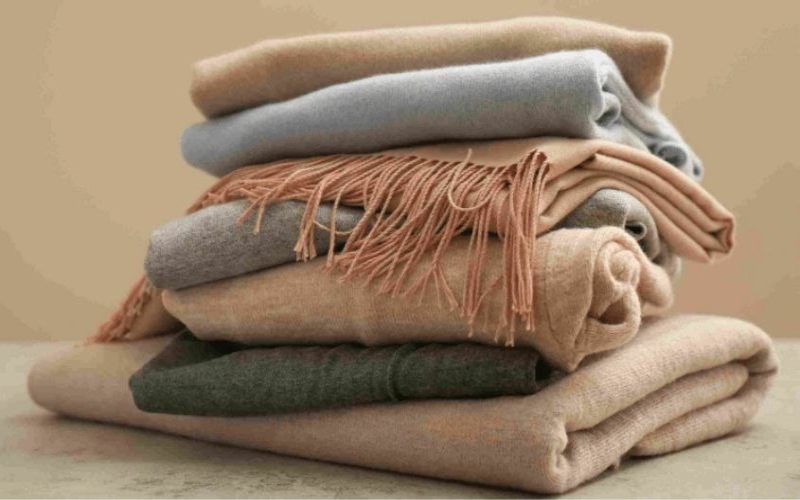
Cashmere fabric
Cashmere fabric is made from the wool fibers of Cashmere goats, a breed found in the Himalayas. This fabric is highly durable, exceptionally soft, and provides excellent warmth. Cashmere goat wool has fine and soft fibers, creating a luxurious and comfortable feel. However, Cashmere fabric requires special care to maintain its durability and softness, and it often comes at a higher cost.
Silk Fabric
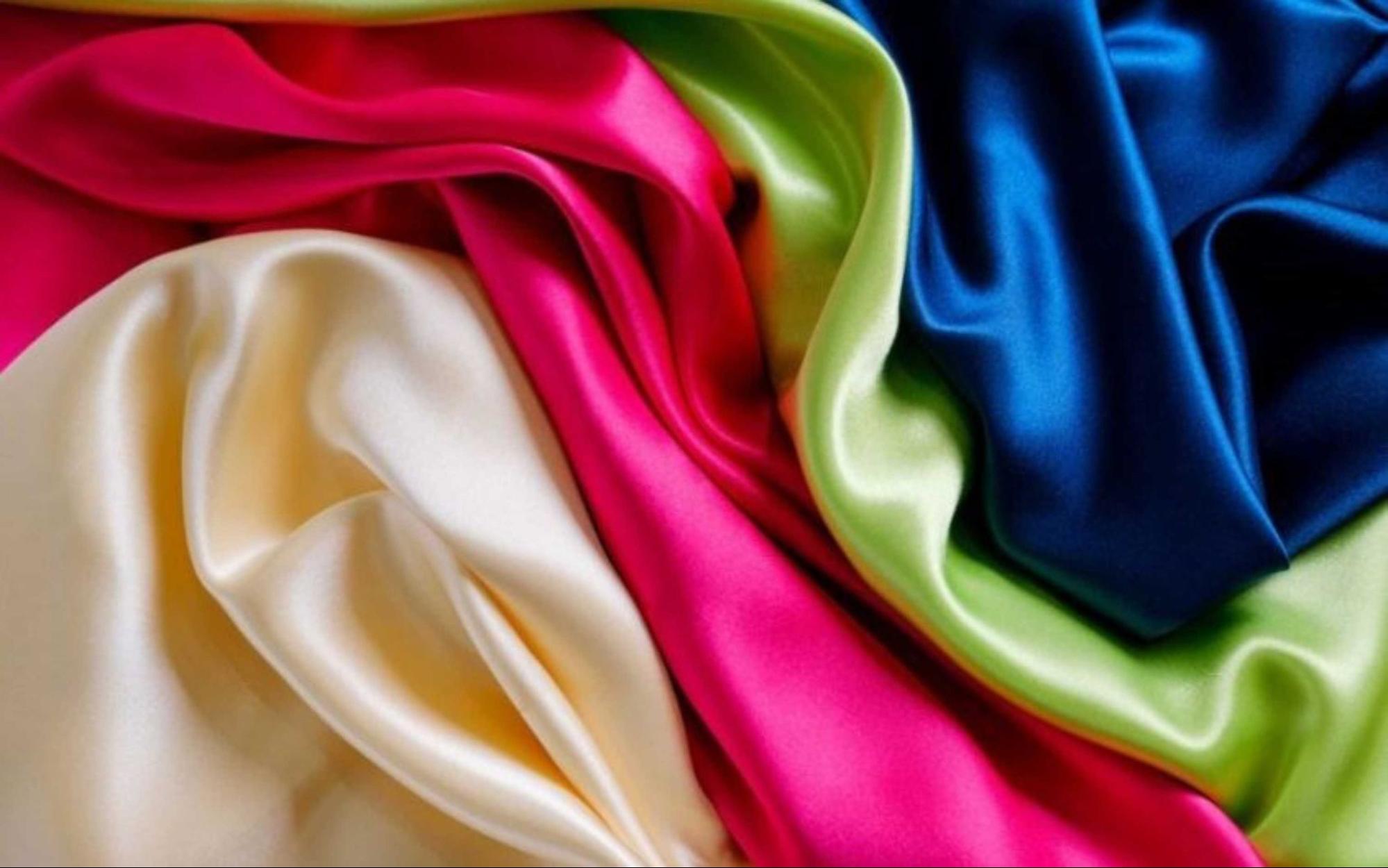
Silk fabric
Silk fabric is derived from the fibers of silkworm cocoons. It is known for its shine, softness, and lightweight nature, commonly used in high-end clothing and decorative items. Silk offers good moisture absorption, providing a cooling effect during summer. However, it requires special care and cautious washing due to its tendency to tear and intolerance for high temperatures. Silk is considered a luxurious and valuable fabric.
2. Tips for Choosing Clothing for Sensitive Skin

Tips for choosing clothing for sensitive skin
It can be challenging to find clothing suitable for sensitive skin. However, following these guidelines can help minimize irritation:
- Choose natural fabrics like cotton, linen, or bamboo instead of synthetic materials that may cause irritation.
- Select clothing made of good-quality fabric without irritating seams or other potential irritants.
- Opt for clothing with simple colors and patterns, avoiding complex patterns and reflective materials.
- Avoid using chemicals and laundry products that can cause irritation, such as fabric softeners or strong detergents.
- Wash clothing before wearing to eliminate dust and potential irritants that may be present.
- Avoid scented laundry detergents and skincare products.
- Avoid clothing with thick materials and excessive friction against the skin.
These are detailed and informative insights into the top 8 soft and gentle fabrics suitable for sensitive skin. We hope you find them helpful, and don’t forget to follow us for more interesting information!





























